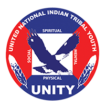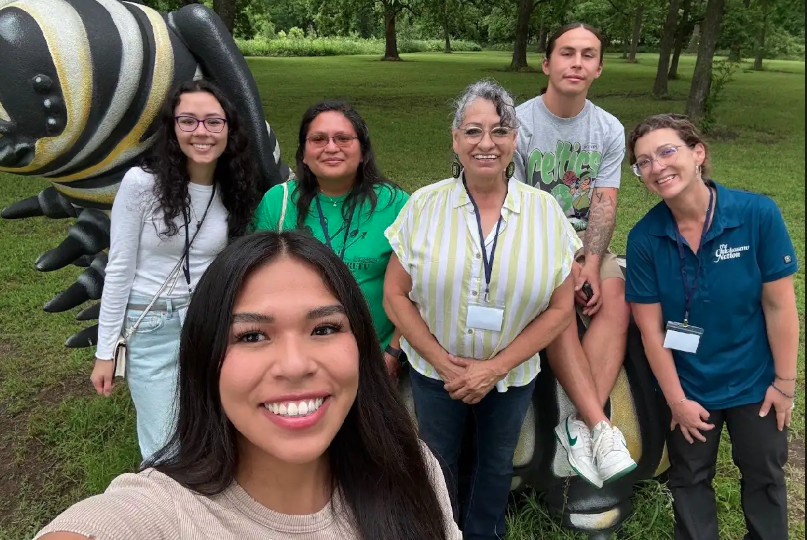
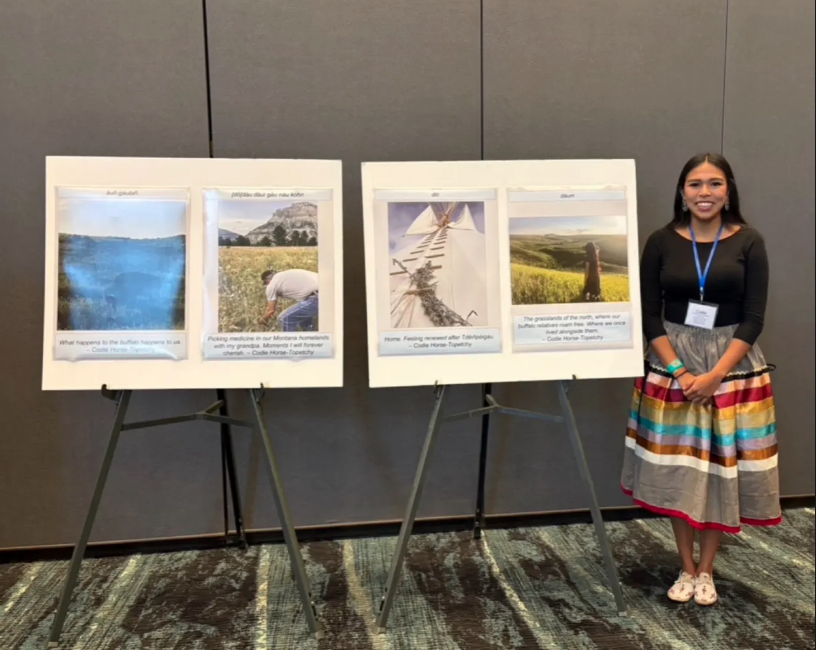
This summer, UNITY Earth Ambassador Codie Horse-Topetchy, Kiowa, Comanche, and Otoe-Missouria, was honored to join the Indigenous Kinship Circle for Climate Futures research program at the South Central Climate Adaptation Science Center (SCCASC) in Norman, Oklahoma. Alongside other college students from the University of Oklahoma and the University of New Mexico, she began a two-year journey in climate science and adaptation research, designing a project with direct benefits for her tribal community.
Codie’s research focuses on how bison can help regenerate the grassland prairie biome in Southwest Oklahoma, a region she describes as “the most endangered terrestrial ecosystem on Earth.” She plans to explore the behavioral ecology of bison while advocating for their role in restoring biodiversity. She noted that grasslands are comparable to tropical rainforests in terms of biodiversity, making their preservation even more urgent.
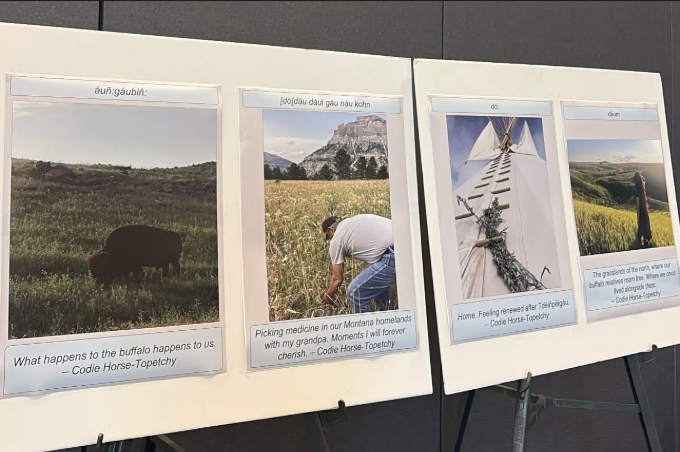
For Codie, the connection is not only ecological but deeply cultural. “For many tribes here in the plains, we are inherently tied to both the land and our buffalo relatives. I will always be an advocate for both,” she shared. Her work blends science with cultural advocacy, highlighting how traditional relationships with buffalo align with modern conservation goals.
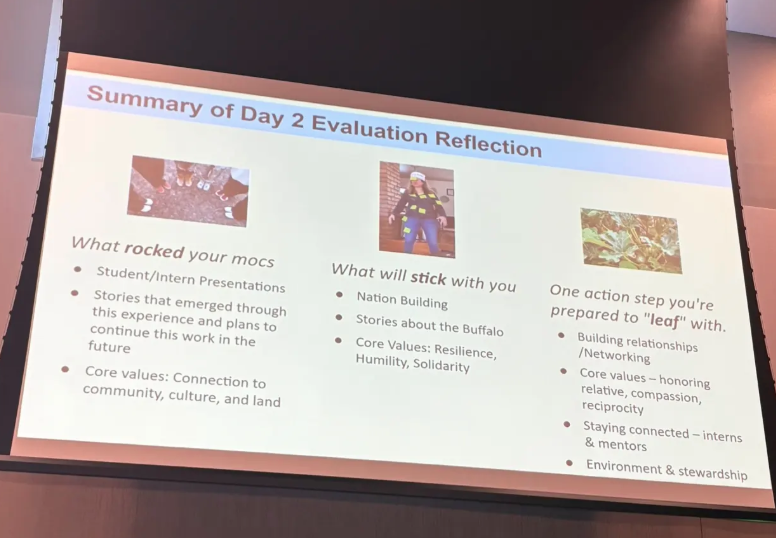
As part of the program, Codie was invited to present her research at the Climate Science Symposium to a diverse audience of scientists, researchers, and community leaders. She spoke about the cultural significance of the buffalo and shared a personal story from a buffalo harvest—an experience that continues to inspire her environmental work. She also emphasized the bison’s role as a keystone species, capable of transforming entire ecosystems when given the opportunity.
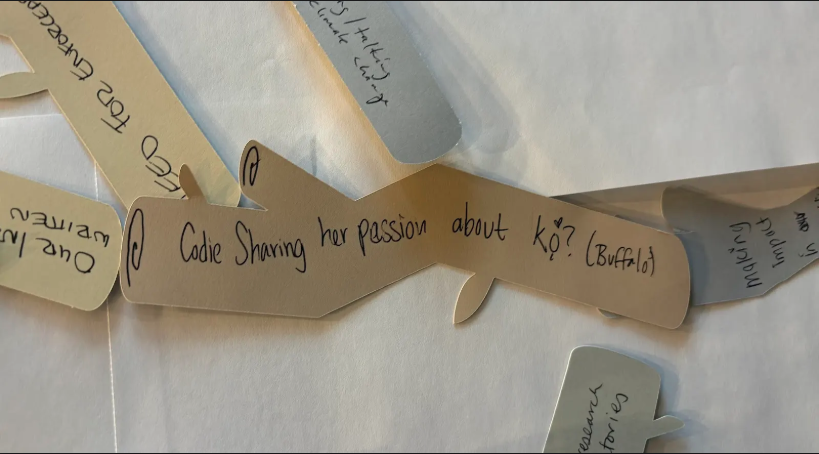
The response to her presentation was powerful. Codie left the symposium feeling deeply moved and motivated, knowing her stories resonated with so many in the room. The experience reinforced her commitment to expanding her research and advocacy for buffalo-led prairie restoration.
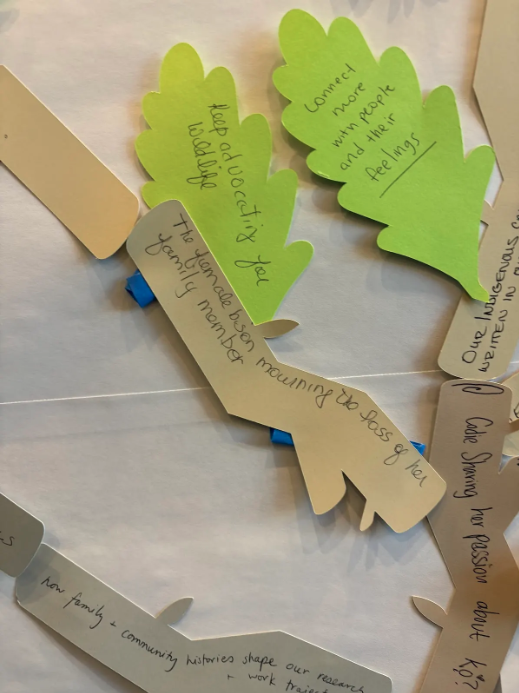 Her long-term plan includes educational outreach in her Kiowa community, where she will host a session on the ecological and cultural importance of buffalo. Through these conversations, she hopes to inspire others to see the buffalo not just as a part of history, but as vital partners in restoring the environment for future generations.
Her long-term plan includes educational outreach in her Kiowa community, where she will host a session on the ecological and cultural importance of buffalo. Through these conversations, she hopes to inspire others to see the buffalo not just as a part of history, but as vital partners in restoring the environment for future generations.
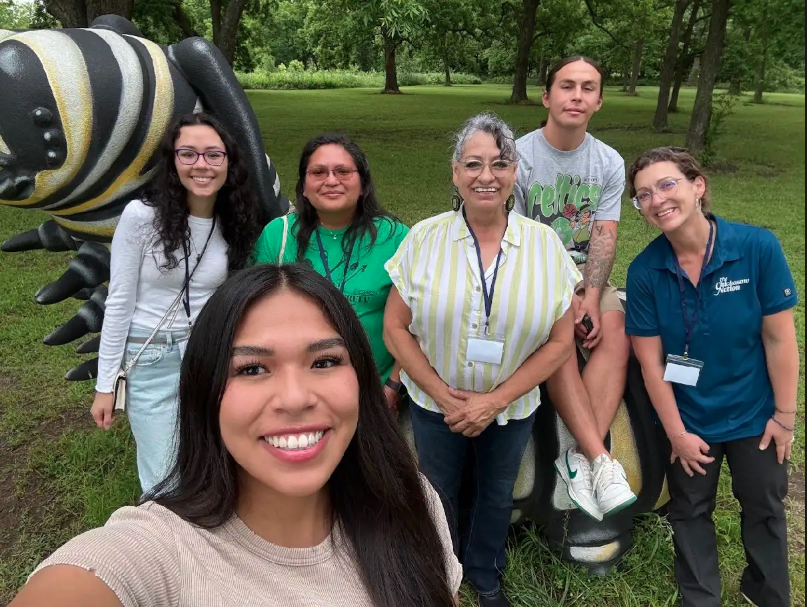
Over the next two years, Codie’s work will stand as a living example of how Indigenous-led research can bridge traditional ecological knowledge and climate science. Her voice—rooted in both cultural identity and scientific inquiry—reflects a growing movement of Native youth who are redefining environmental leadership.
The UNITY Earth Ambassador program empowers Native youth leaders from across the country to develop and lead environmental service projects rooted in both traditional ecological knowledge and modern sustainability practices. The 2025–2026 cohort, of which Codie is a part, represents diverse Tribal Nations and regions, each working on unique initiatives ranging from water rights advocacy to food sovereignty and clean energy education. Together, they are building a collective movement of young Indigenous environmental leaders who are protecting the planet while strengthening their cultural connections for future generations.
